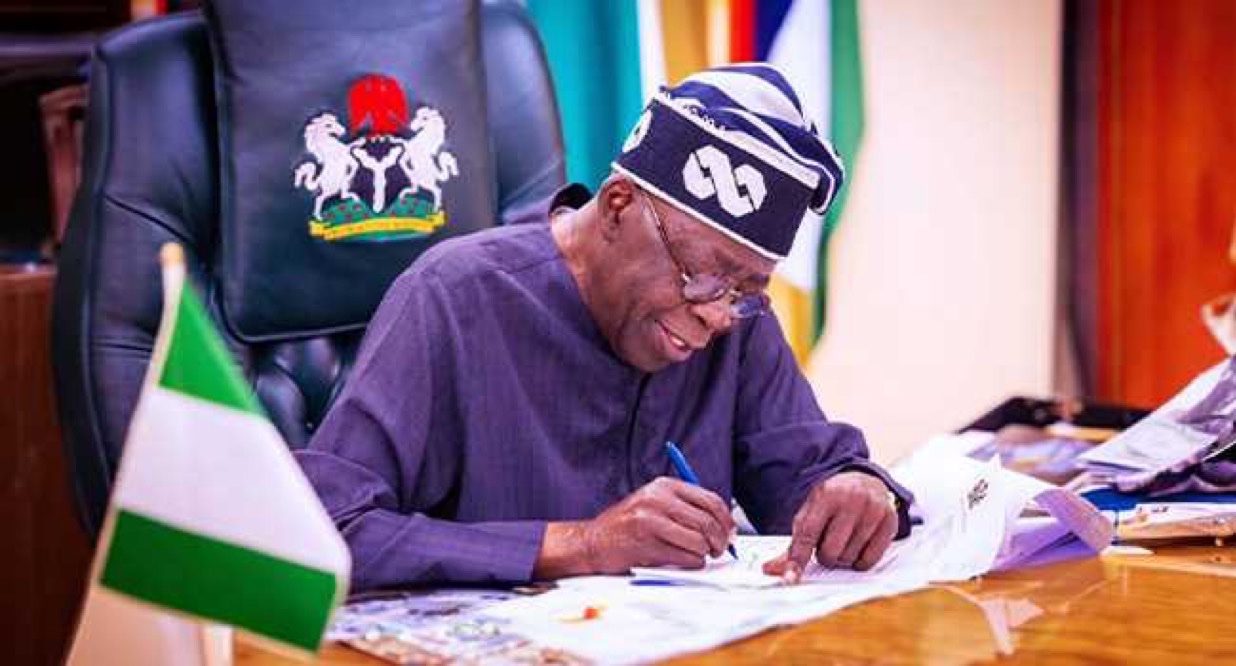In a bold move to reposition Nigeria’s public institutions and drive the Renewed Hope Agenda, President Bola Ahmed Tinubu has approved the appointment of 22 distinguished individuals to lead critical federal agencies and commissions. Announced on May 24, 2025, by Bayo Onanuga, the Special Adviser to the President on Information and Strategy, this sweeping set of appointments underscores Tinubu’s commitment to enhancing governance, improving service delivery, and fostering sustainable development across key sectors such as agriculture, education, infrastructure, sports, and public service administration. The appointees, a mix of seasoned politicians, technocrats, and professionals, are poised to bring their expertise to bear in transforming Nigeria’s bureaucratic landscape.
A Strategic Overhaul of Federal Agencies
The appointments, which span a diverse array of agencies, reflect President Tinubu’s focus on placing capable hands in positions that directly impact Nigeria’s socio-economic growth. According to Onanuga, the selections were made after careful consideration to ensure that each appointee’s track record aligns with the administration’s vision of efficiency, innovation, and accountability. This move comes as part of Tinubu’s broader strategy to strengthen Nigeria’s public sector, which has often been criticized for bureaucratic inefficiencies and lackluster performance.
Among the most prominent appointees is Ken Nnamani, a former Senate President, who has been named Chairman of the Nigerian Institute for Policy and Strategic Studies (NIPSS). Nnamani, a seasoned statesman known for his role in thwarting a controversial third-term agenda during his tenure as Senate President from 2005 to 2007, brings a wealth of experience in public policy and governance. His appointment to NIPSS, a premier think tank responsible for shaping national policy, signals Tinubu’s intent to bolster strategic planning and research to address Nigeria’s complex challenges.
Another heavyweight appointment is Anyim Pius Anyim, a former Secretary to the Government of the Federation (SGF) and Senate President, who will now serve as Chairman of the National Merit Awards Committee. Anyim’s extensive experience in high-level governance positions makes him a fitting choice to oversee the recognition of outstanding contributions to Nigeria’s development, ensuring that meritocracy is celebrated and incentivized.
In the infrastructure sector, Ibrahim Shehu Shema, former governor of Katsina State, has been appointed Chairman of the Federal Capital Development Authority (FCDA). Shema’s tenure as governor was marked by significant infrastructural advancements in Katsina, and his new role is expected to drive the transformation of Nigeria’s capital city, Abuja, into a modern, functional, and aesthetically pleasing metropolis.
Key Appointments Across Diverse Sectors
The list of appointees is as diverse as the sectors they represent, showcasing Tinubu’s intent to address multiple facets of Nigeria’s development simultaneously. Below is a detailed breakdown of some of the notable appointments:
-
Yazid Shehu Umar Danfulani – Appointed as Managing Director of the Nigerian Agricultural Insurance Corporation (NAIC), Danfulani’s role will be pivotal in strengthening agricultural insurance frameworks, a critical component for mitigating risks faced by farmers and boosting food security in Nigeria. With agriculture being a cornerstone of the economy, his leadership is expected to enhance farmer confidence and attract investment to the sector.
-
Asabe Vilita Bashir – Named Director-General of the National Centre for Women Development, Bashir’s appointment underscores Tinubu’s commitment to gender inclusivity and women’s empowerment. Her leadership is anticipated to drive programs that promote women’s economic participation, education, and leadership, aligning with global sustainable development goals.
-
Philip Shaibu – Appointed Director-General of the Nigerian Institute of Sport, Shaibu, a former deputy governor of Edo State, brings a dynamic perspective to sports development. His role will focus on nurturing talent, improving sports infrastructure, and positioning Nigeria as a global contender in various sporting disciplines.
Other notable appointees include:
-
Abdullahi Usman as Managing Director of the Nigerian Railway Corporation (NRC), tasked with modernizing Nigeria’s rail transport system.
-
Dr. Olufemi Adekanmbi as Director-General of the National Agency for Science and Engineering Infrastructure (NASENI), where he will drive innovation and technological advancement.
-
Dr. (Mrs.) Aisha Abdullahi as Director-General of the National Commission for Museums and Monuments, responsible for preserving Nigeria’s rich cultural heritage.
-
Dr. John Ejezie as Director-General of the National Directorate of Employment (NDE), focusing on job creation and youth empowerment.
Aligning with the Renewed Hope Agenda
The appointments are a strategic step toward actualizing President Tinubu’s Renewed Hope Agenda, which prioritizes economic diversification, infrastructural development, and human capital growth. By placing experienced individuals in leadership roles, the administration aims to tackle longstanding challenges such as unemployment, inadequate infrastructure, and limited access to education and healthcare. Each appointee’s mandate is clear: to deliver measurable results that improve the quality of life for Nigerians.
For instance, the appointment of Dr. John Ejezie to lead the NDE is particularly significant given Nigeria’s high unemployment rate, especially among youths. Ejezie’s leadership will likely focus on expanding vocational training programs and creating pathways to sustainable employment, aligning with Tinubu’s promise to create jobs and reduce poverty.
Similarly, Abdullahi Usman’s role at the NRC comes at a time when Nigeria is investing heavily in rail infrastructure to boost connectivity and economic activity. His appointment is expected to accelerate ongoing projects like the Lagos-Ibadan and Abuja-Kaduna rail lines while exploring new opportunities for regional integration.
Looking Ahead
As these 22 new heads assume their roles, their collective impact will likely shape the trajectory of President Tinubu’s administration. The appointments signal a clear intent to address systemic issues through strategic leadership, but the real test lies in execution. Will Ken Nnamani’s leadership at NIPSS produce policies that drive sustainable growth? Can Ibrahim Shehu Shema transform Abuja into a world-class capital? Will Philip Shaibu’s tenure at the Nigerian Institute of Sport elevate Nigeria’s global sporting profile? Only time will tell.
For now, Nigerians can take heart in the administration’s proactive approach to governance. By assembling a team of experienced and capable leaders, President Tinubu has set the stage for transformative change. The onus now lies on these appointees to deliver on their mandates and justify the trust placed in them.
Join our Whatsapp channel to stay updated always!


